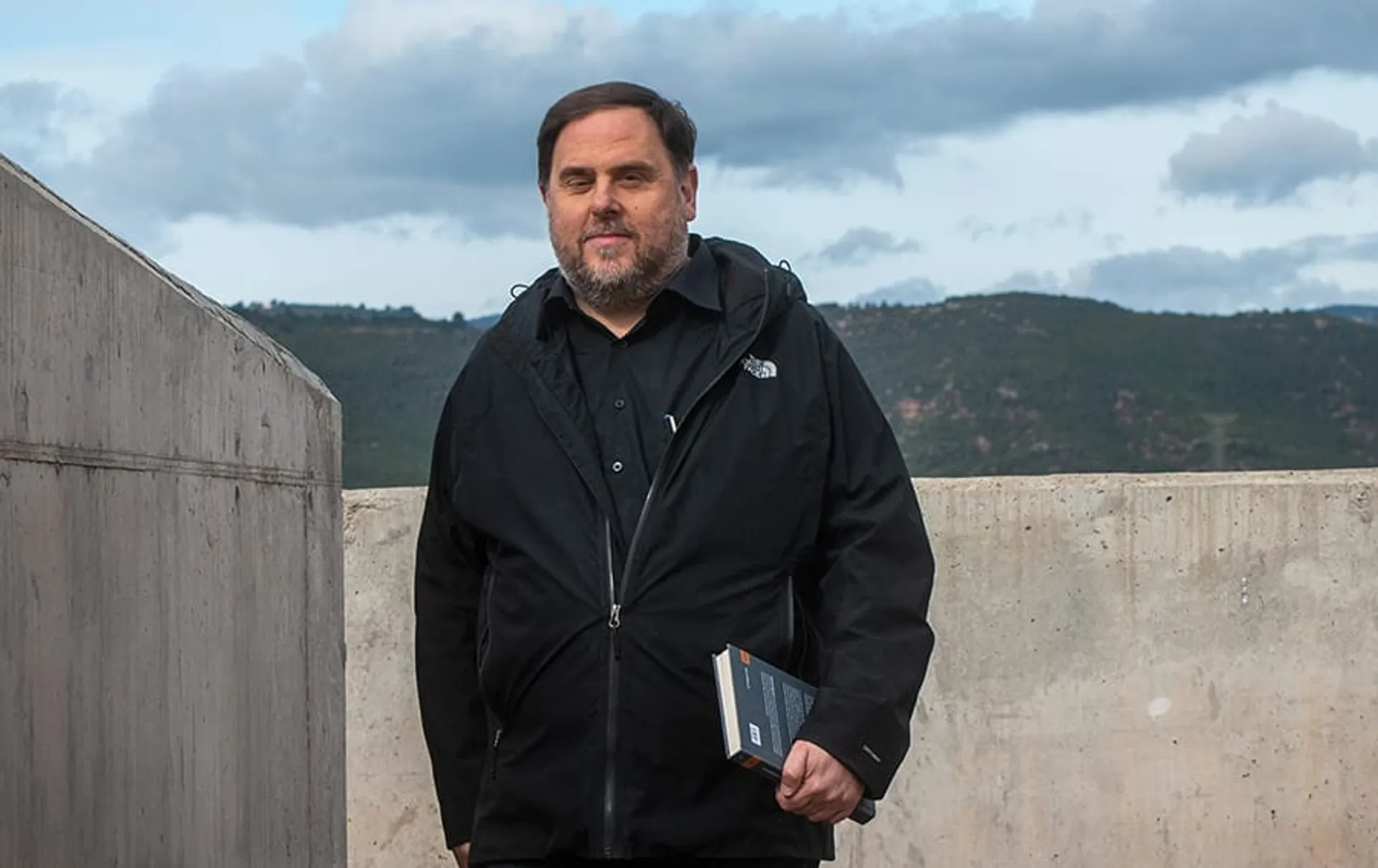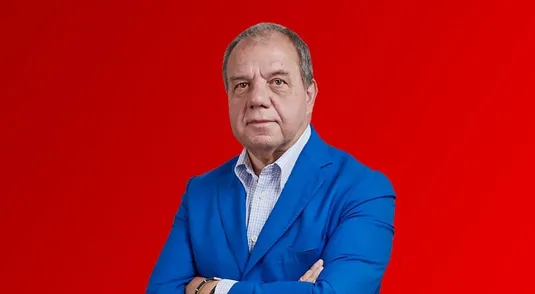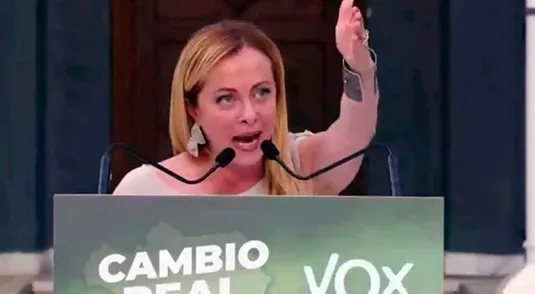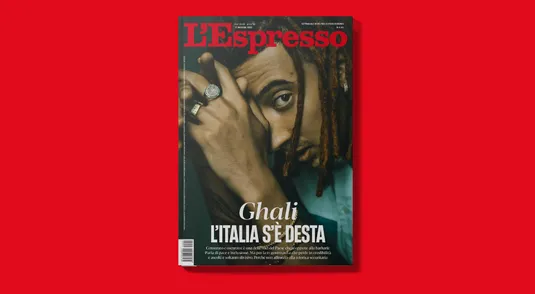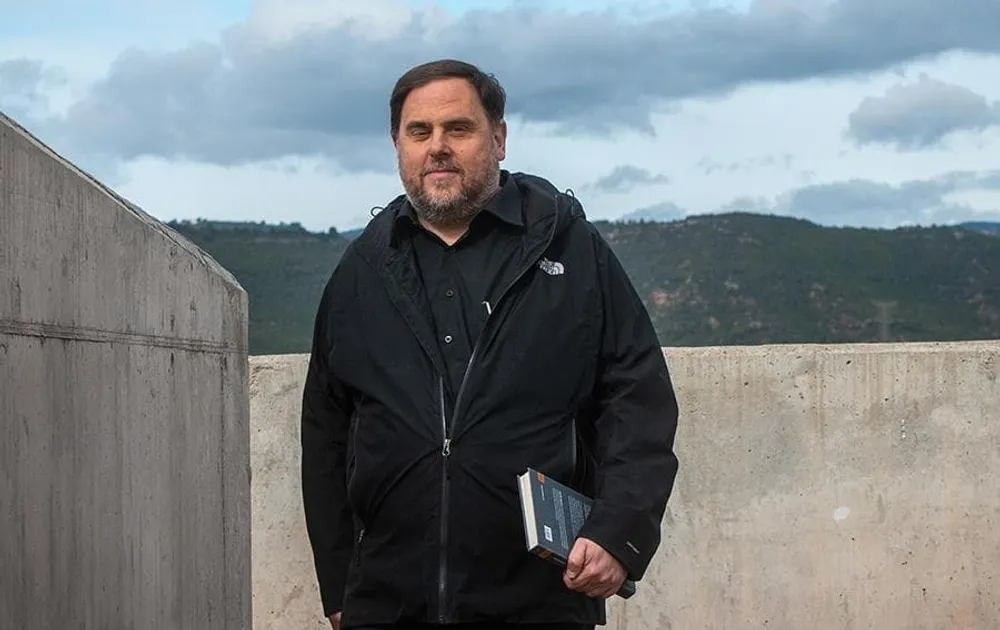
Mr. Junqueras, I would like to begin with the prison where you have been jailed now for several years. Recently you have been denied even some regular permits. In short, you are a political prisoner sentenced to hard prison time. You are one of the seven of the “procés”, (the independence process in Catalan, T.N.), one of those whom the Catalan widely call the “presos políticos” (political prisoners). How are you bearing this total deprivation of freedom?
You can imagine what it means to undergo a hard prison term, to be deprived of freedom, of the possibility of seeing your loved ones. Above all I miss my children, whom I can see for 40 minutes a week, only through a glass. Such is the vindictive response of the Spanish state against political officers guilty of committing just one crime: to allow a referendum to be held democratically.
In Italy, the memory of the days around the referendum in Catalonia (1 October 2017, T.N.) ) is still vivid among the public, due to the images of the Civil Guard trying to violently stop citizens from casting their vote: unacceptable in a democratic European country. Then came the proclamation of the Catalan Republic on 27 October 2017, which lasted only a few weeks. Madrid went on to dissolve the Catalan Parliament. Some members of the government of the Generalitat went into exile, others, like you, were arrested. Finally, a trial was held, and its outcome was a harsh sentence for "sedition"…
It heartens me to learn that those events remain vivid in the Italian public mind. This is important for me, especially because I feel deeply for Italy, a country which I love and am deeply attached to. I attended the Italian School in Barcelona! Reverting to the referendum, the legitimacy of which has been much debated, for us it was a democratic choice. There is no forgetting the people’s enthusiasm, mobilization and involvement. All Catalan citizens – both the minority who voted against, as well as the majority who voted in favor – behaved peacefully. Unfortunately, however, the state's batons arrived, followed by repression, prison and exile. Nonetheless, that day marked a great victory for democracy. Today we believe that the path to independence will certainly be longer and more difficult than we thought, but that there is no reverting it.
After a first emotional wave, the Italian press and media distanced themselves from the Catalan cause. They gave almost exclusively space to anti-independence voices. The narrative of a "betrayal" of the central government took hold; the specter of small homelands mushrooming was let loose; and there was an effort to close the short circuit between separatists and the Lega Nord. The fact is that you lead a majority party Esquerra Republicana, which is means Republican Left of Catalonia. There is no question about which side you are on—and if anything, your party faces aggressive right-wing movements like Vox.
Would you guess that Vox suggested for me a 74-years jail sentence? We are a left-leaning party and a movement characterized by its anti-fascist struggle—today and throughout our history. We fight for democracy and against any kind of fascism and populism. European democrats must know that the enemies of the separatists, that is, the far right Vox represents, are also the enemies of Europe. They are the Salvinis, Orbáns, Le Pens and Abascals—the leader of Vox. Defending democracy in Catalonia means defending Europe and its survival. Let's not waste this opportunity.
More specifically, where in the struggle for independence do you see an opportunity for the hegemony of conservative forces to ease off? Do you see it partly as a clash between a nationalist monarchy and a democratic republic?
We believe that independence is the only way to build a better, more just and freer country—in the form of a republic. I like to view independence as a movement striving to add and include without discrimination by origin, ethnicity or language. I believe this is also why its popularity has increased over the last few years, particularly among the younger generations. Much of the socialist camp is now independentist, and supports Esquerra Republicana. The Spanish state’s inaction certainly played into this trend: it had a heavy hand with its citizens, while showing permissiveness with the corrupt monarchy.
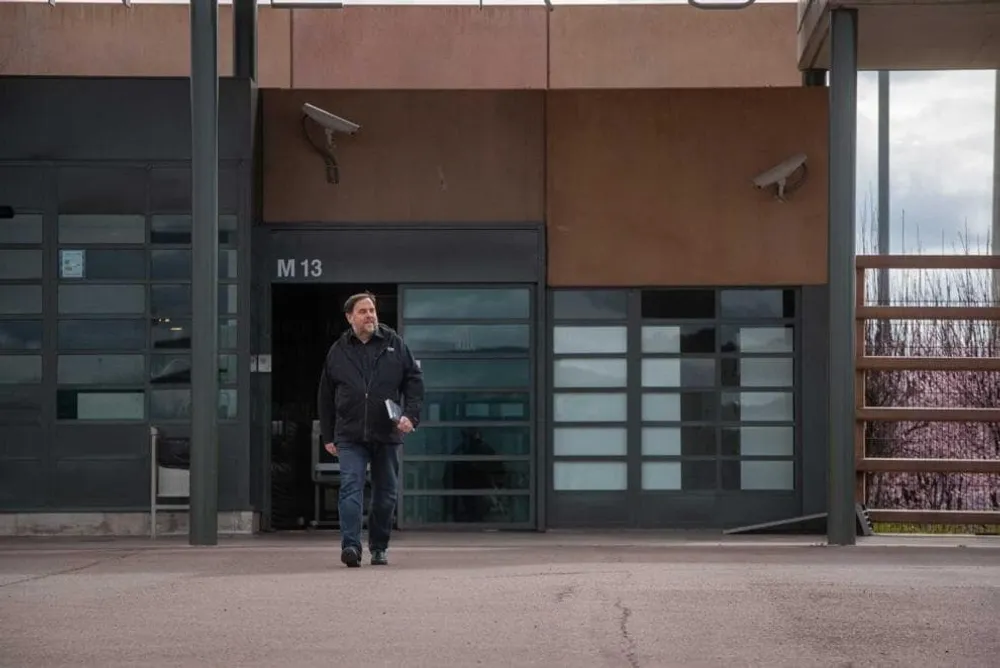
Speaking of monarchy, even net of the latest scandals, is it possible after all what happened to still have a Bourbon monarchy that was fostered by Franco?
This is truly paradoxical! There is no doubt that this is a corrupt monarchy, moreover, as you mentioned, inspired by Franco. This shows how retrograde the policies of the Spanish state are, and how it ultimately cannot be reformed. No wonder they keep us in jail. To have firmly in their grasp the state is currently an elite, which is heir to Francoism, and will always prevent any change. This is also why we are separatists and republicans. Many citizens stopped believing and trusting the state. They also see independence as a possibility to build a country that is free from corruption and patronage.
It doesn’t appear as an enough far step to remove the remains of the Caudillo Franco from the Valle de los caídos (the Valley of the Fallen) if his ghost still inspires aggressive nationalism, such as the one that led to the coup in 1936 and hatred against Basques and Catalans. Two dictatorships did not manage to impose a single nation. It is hard to understand why the Spanish state does not recognize itself as being pluri-national…
Removing the dictator from the Valley was necessary—even after so many years! More important, however, is to eliminate Francoism, which is rooted in the institutional bodies and in the way this state acts. This would, furthermore, redeem the memory of those who were murdered by a criminal dictatorship. The state tried to turn the page as if nothing had happened, while there are still many who do not know the fate of their loved ones, to name just one issue. The road is still a very long one.
In my opinion, Europe has not just stood by, but chose to side with the nation-state, even if Europe was founded to overcome the states, both in their post national and supranational political form. I see this to be the fundamental dilemma of the Catalan issue.
Europe is a club of states which protect each other. We knew they would do this; and yet it is a shame. We are pro-European, and at the same time we would like a more social, more fair, democratic and left-oriented Europe. I think we didn't deserve to be jailed! This arbitrary detention—mentioned recently also by the UN—is a big disgrace for the Spanish state.
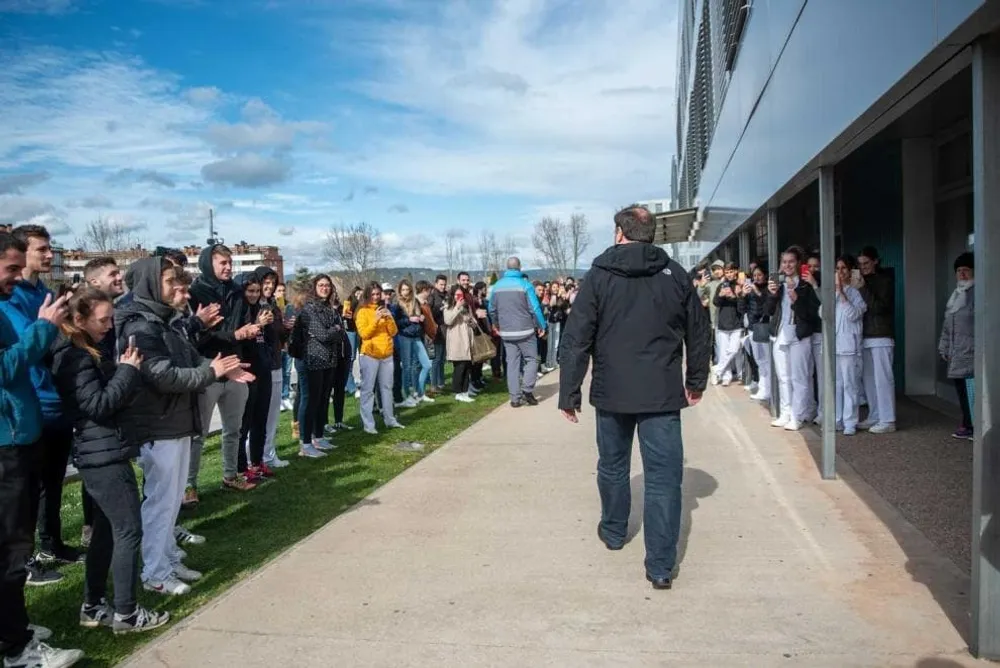
How do you see things evolving today, in what looks like a difficult stalemate? Do you still see a dialogue as possible? And above all, do you still have hope? What are the prospects?
We believe in dialogue. I always did—and now more than ever. Even against the violence of batons or in the courts, the right thing to do is to respond with more democracy and more dialogue. A sterile confrontation makes no sense. Patience, however, is not infinite. The Supreme Court recently confirmed a sentence that bans Quim Torra from his office as President of the Generalitat for 18 months: his crime? Not having had removed the banners demanding in the streets and squares freedom for the political prisoners. Among other things, this will lead to new elections in Catalonia in February. Tensions remain high. The Spanish state insists in using a judicial strategy rather than addressing the issue politically. This is a serious mistake.
You wrote a fairytale book for your children. It was very successful, and has been translated into several languages. How did you decide to do it? Are you still writing?
That book was a way of staying in touch with my children. Before entering the prison, I used to tell them stories, fables, curiosities. I wanted to write this down so that they would hear it from their mother's voice. Of being in prison, most distressing to me is being separated from my children. They are the real victims of all this. Almost every day I dedicate time to writing. I recently published a book with Marta Rovira in which we outline the Esquerra Republicana project for the next few years.
Translated from Italian by Marina Parada
